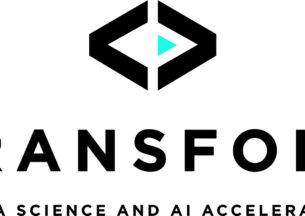Krikamol Muandet (Max Planck Institute) - Toward Reliable Machine Learning with Kernels
Toward Reliable Machine Learning with Kernels
Society is made up of a set of diverse individuals, demographic groups, and institutions. Therefore, learning and deploying algorithmic models across heterogeneous environments face a set of various trade-offs. In order to develop reliable machine learning algorithms that can interact successfully with the real world, it is necessary to deal with changes in underlying data-generating distributions. This talk will be about the kernel mean embedding (KME), a nonparametric kernel-based framework to represent probability distributions and model changes thereof. In particular, I will focus on how this framework can help improve the credibility of algorithmic decision-making by enabling us to reason about higher-order causal effects of policy interventions as well as by removing the effect of unobserved confounders through the use of an instrumental variable (IV). Lastly, I will argue that a better understanding of the ways in which our data are generated and how our models can influence them will be crucial for reliable machine learning systems, especially when gaining full information about data may not be possible.
Host: Victor Veitch
Speakers
Krikamol Muandet
Krikamol Muandet is currently a research group leader in the Empirical Inference Department at the Max Planck Institute for Intelligent Systems (MPI-IS), Tübingen, Germany. Previously, he was a lecturer in the Department of Mathematics at Mahidol University, Bangkok, Thailand. He received his Ph.D. in computer science from the University of Tübingen in 2015 working mainly with Prof. Bernhard Schölkopf. He received his master’s degree in machine learning from University College London (UCL), the United Kingdom where he worked mostly with Prof. Yee Whye Teh at Gatsby Computational Neuroscience Unit. He served as a publication chair of AISTATS 2021 and as an area chair for AISTATS 2022, NeurIPS 2021, NeurIPS 2020, NeurIPS 2019, and ICML 2019, among others.













